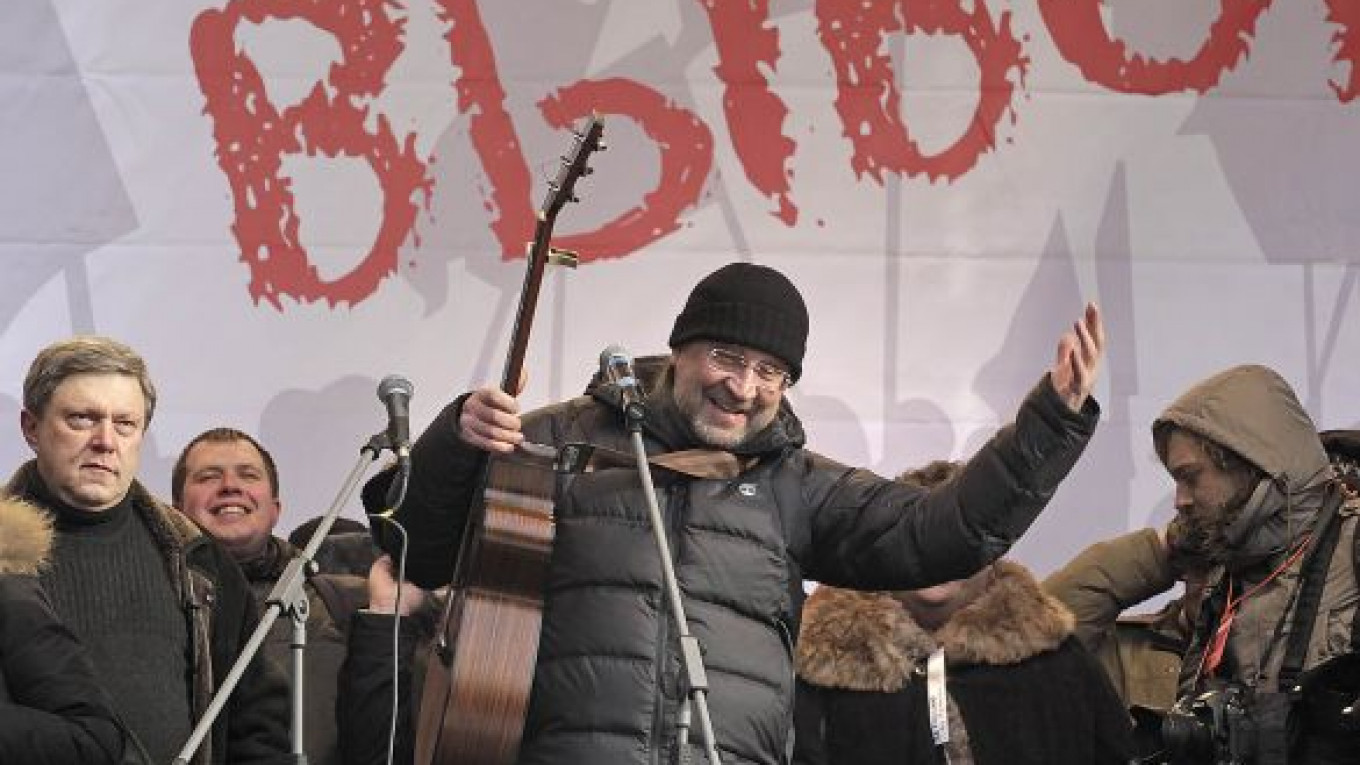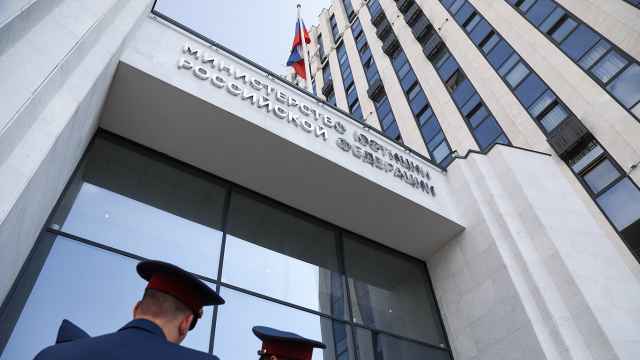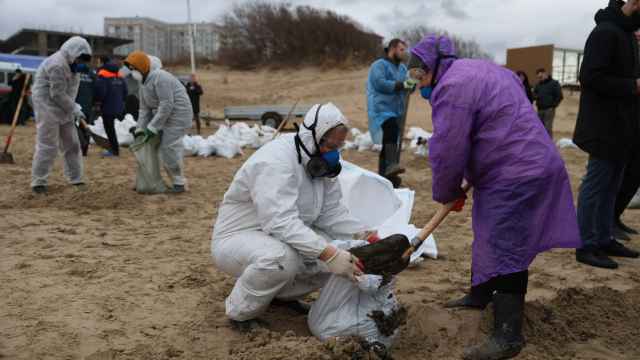The leader of the nationally acclaimed rock band DDT, who is known for his strong anti-Kremlin views, is accusing officials of scuttling a concert tour in several Siberian cities over politics.
Yury Shevchuk said on the band’s website Wednesday that officials in the Kemerovo, Omsk and Tyumen regions have canceled the band’s concerts for various reasons.
But while officials say the cancellations were driven purely by technical reasons, Shevchuk and other opposition activists believe they were politically motivated.
“Maybe it’s because our new set list doesn’t contain a lot of ‘patriotic erotica,’” Shevchuk said, referring to propaganda songs.
Shevchuk said the shows had been canceled despite the fact that they were sold out.
The statement on the band’s website was accompanied by a video of dancing swans from the ballet “Swan Lake” — a reference to Soviet television’s airing of the ballet during the 1991 coup attempt against President Mikhail Gorbachev.
Shevchuk, whose songs include romantic themes and riffs on war, is also known for his satirical lyrics targeting Russian officials, including President-elect Vladimir Putin.
Shevchuk is also known for his direct criticism of Putin at a charity meeting the Russian leader chaired in May 2010.
A spokesman for the Kemerovo-based SDS company, which runs the Arena sports complex where the band was scheduled to play, said the cancellation happened because concert promoters violated a financial agreement with the venue, RIA-Novosti reported.
Kemerovo region administration spokesman Anton Gorelkin has denied that local authorities had anything to do with canceling the concert.
“The regional authorities are not interfering in this conflict,” Gorelkin told RIA-Novosti.
But Nina Ostanina, a former Communist lawmaker from Kemerovo, said she doesn’t believe the official version of why the concert was canceled.
“I don’t doubt that Shevchuk is telling the truth. The region has no place for an opinion that doesn’t correspond with the opinion of regional authorities. Shevchuk is known to speak for the opposition and the governor is afraid of that,” Ostanina said.
Local Governor Aman Tuleyev is a charismatic strongman known for his zero tolerance of oppositional views in the region.
Shevchuk also said on his site that the band encountered similar troubles in the Tyumen region, where local authorities failed to find a “hall to perform,” and in the city of Omsk where he said officials put pressure on organizers not to allow the band to play.
Rock critic and opposition activist Artyom Troitsky said he believed that the cancellation of Shevchuk’s concerts was probably initiated by local bureaucrats and that it was unlikely to have been directed from Moscow.
“It is the locals who took precautionary measures,” Troitsky said.
A Message from The Moscow Times:
Dear readers,
We are facing unprecedented challenges. Russia's Prosecutor General's Office has designated The Moscow Times as an "undesirable" organization, criminalizing our work and putting our staff at risk of prosecution. This follows our earlier unjust labeling as a "foreign agent."
These actions are direct attempts to silence independent journalism in Russia. The authorities claim our work "discredits the decisions of the Russian leadership." We see things differently: we strive to provide accurate, unbiased reporting on Russia.
We, the journalists of The Moscow Times, refuse to be silenced. But to continue our work, we need your help.
Your support, no matter how small, makes a world of difference. If you can, please support us monthly starting from just $2. It's quick to set up, and every contribution makes a significant impact.
By supporting The Moscow Times, you're defending open, independent journalism in the face of repression. Thank you for standing with us.
Remind me later.






